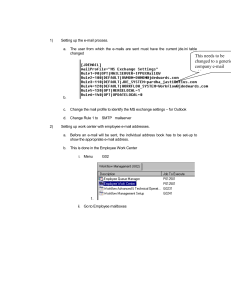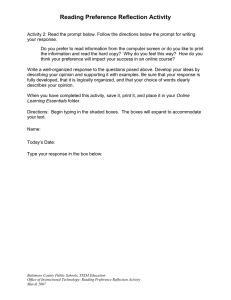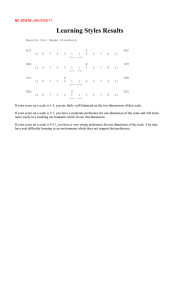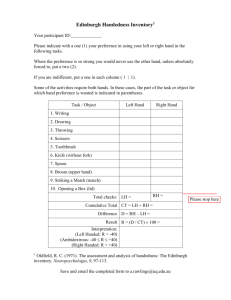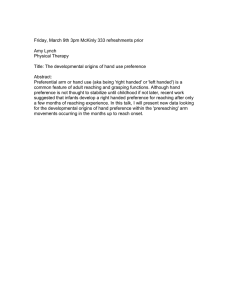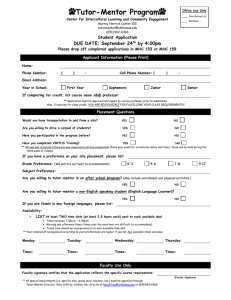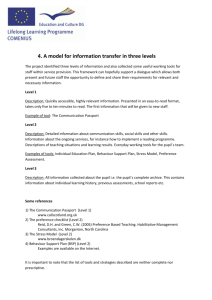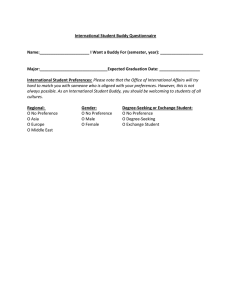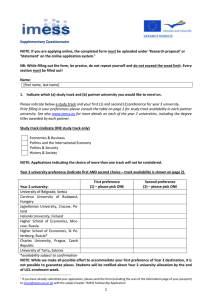Abstract
advertisement
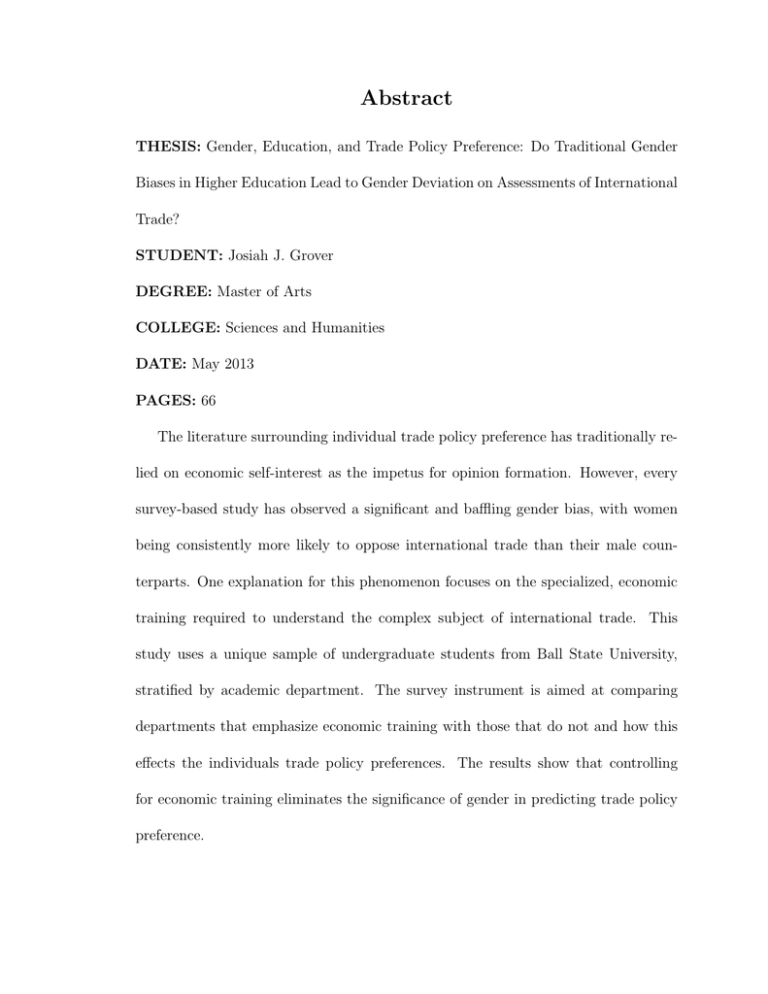
Abstract THESIS: Gender, Education, and Trade Policy Preference: Do Traditional Gender Biases in Higher Education Lead to Gender Deviation on Assessments of International Trade? STUDENT: Josiah J. Grover DEGREE: Master of Arts COLLEGE: Sciences and Humanities DATE: May 2013 PAGES: 66 The literature surrounding individual trade policy preference has traditionally relied on economic self-interest as the impetus for opinion formation. However, every survey-based study has observed a significant and baffling gender bias, with women being consistently more likely to oppose international trade than their male counterparts. One explanation for this phenomenon focuses on the specialized, economic training required to understand the complex subject of international trade. This study uses a unique sample of undergraduate students from Ball State University, stratified by academic department. The survey instrument is aimed at comparing departments that emphasize economic training with those that do not and how this effects the individuals trade policy preferences. The results show that controlling for economic training eliminates the significance of gender in predicting trade policy preference.

